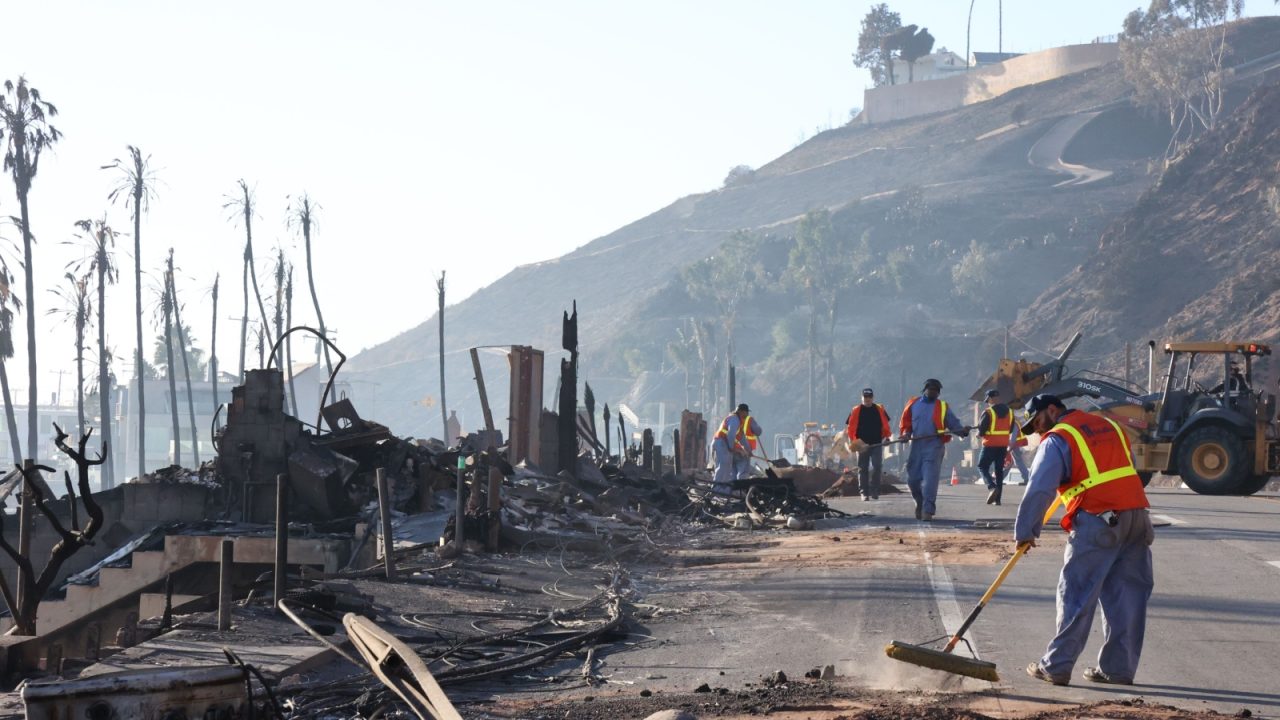With more and more states now allowing medical marijuana use, employers are rightfully confused as to how medical marijuana will impact employment rights of employers and employees. Contributing to this confusion is the fact that individual states have complicated the situation by enacting medical marijuana statutes that vary greatly from state to state. Employers in one state may be able to make employment decisions based on an employee’s medical marijuana use, while laws in other states may prohibit it and possibly even require accommodation of medical marijuana use. It is therefore vital that construction industry employers understand this new area of employment law and its implications for future employment decisions, while concurrently ensuring a safe working environment and having clear testing mechanisms in place.
Statutes and regulations differ greatly from state to state making it increasingly challenging to navigate this murky landscape. A given state’s medical marijuana statute can impact an employer’s ability to make employment decisions that are related to medical marijuana. For example, when considering disability discrimination and potential accommodation, an employer may be confronted by three seemingly conflicting categories of statutes:
- those which compel the employer to accommodate medical marijuana use;
- others that may not be as specific; and
- those which explicitly do not require the employer to allow the use of medical marijuana.
The conflicting effect on state employment laws related to medical marijuana use creates a situation where construction industry employers must remain informed of the current requirements in the states in which they operate. Construction professionals must balance complying with often divergent federal and state laws, maintaining a safe work environment and protecting employees’ rights. Best practices have shown that having an effective drug policy is not only critical for compliance, but also decreases hazards and promotes an accident-free work environment. Implementing well-defined policies and procedures is essential, and particularly important for construction professionals operating in any of the 34 states (including the District of Columbia) where medical marijuana is currently legal.
Section 5(a)(1) of the Occupational Safety and Health Act requires that each employer “shall furnish to each of [its] employees employment and a place of employment which are free from recognized hazards that are causing or likely to cause death or serious physical harm to [its] employees.” Construction job sites already contain a multitude of hazards that can result in injury, and an employee’s impairment only serves to increase the potential for harm. It’s no surprise, therefore, that most contractors have zero-tolerance policies banning the use of alcohol and illegal substances. The legalization of medical marijuana, however, has made zero-tolerance policies more difficult to enforce.
In Connecticut and Oklahoma, for example, contractors must accommodate an employee’s use of medical marijuana. Other states, such as California, Colorado and Ohio, that have legalized medical marijuana, do not require a contractor to accommodate employees’ use. Between these two ends of the accommodation spectrum, several states, including Illinois, Delaware, Nevada, New York and West Virginia, have varied degrees of required accommodation laws for employees’ medical marijuana use.
To help navigate these inconsistencies among specific state laws, construction professionals, especially those with multi-state footprints, should develop well-defined drug policies and administer drug testing programs in a non-discriminatory manner that are consistent with the state laws in which they operate.
Developing a thoughtful well-designed policy on marijuana use will minimize the risk of harm to persons and property and decrease the likelihood that drug testing and disciplinary action arising from marijuana intoxication will open the door to liability resulting from adverse employment actions. Construction professionals should seek to define the terms “marijuana,” “cannabis,” or any other derivation of the cannabinoid, phytocannabinoid tetrahydrocannabinol (THC), the primary psychoactive compound in cannabis. Simply prohibiting the use of “illegal drugs” can create ambiguity due to the status of marijuana in various jurisdictions. A good policy should indicate that the use of marijuana, whether recreationally or otherwise, is strictly prohibited, and articulate drug testing policies and procedures (including penalties for failing a drug test).
Employers should educate employees on clinical issues relating to marijuana use, including its effects on the body, the length of time it can continue to impair cognitive and physiological functions, and the potential impacts on workplace safety and performance, as well as where employees can find resources about marijuana usage and drug abuse. The policy should also define what it means to be under the influence of marijuana and what happens when employees self-disclose medical issues that are being treated with medicinal marijuana.
Once a drug policy is written and becomes effective, it is critical that drug tests are conducted uniformly for all employees and the penalties for failing a drug test are applied in a consistent manner. Failure to do so can create unnecessary potential liability for discrimination claims arising from adverse employment actions.
If an employee tests positive for marijuana, the recourse available can vary greatly under federal and state laws. For example, the Americans with Disabilities Act currently does not protect an employee from an adverse employment action for using marijuana to treat a disability, even if the employee refrains from using medical marijuana while at work. As a result, at least under the ADA, an employee who tests positive for marijuana can be terminated, even if that employee is disabled, prescribed medical marijuana and only uses marijuana on his or her own time. It should be noted, however, that if an employee discloses a disability under the ADA and requests an accommodation, the construction professional may be required to consider reasonable accommodations, which could include transfer to a non-safety sensitive job (where the marijuana use may not pose a safety concern) or for temporary leave during treatment.
By contrast, as previously discussed above, some states do require an employer accommodate an employee’s use of medical marijuana, and as such, prohibit the employer from terminating an employee for a failed drug test for marijuana use. As such, construction professionals should be cognizant of the potential for conflict between their own drug testing policies and requirements mandated by federal or state laws.
The application of law can get further complicated when it comes to disciplinary actions over worker impairment due to alleged marijuana use. Most laws require employers possess a “good faith belief” an employee is under the influence of marijuana because of exhibited symptoms, including altered speech, physical dexterity and irrational behavior. Unlike breathalyzer tests that can detect alcohol consumption, there is no standardized test to determine impairment by marijuana; in fact, an employee could test positive for marijuana days or even weeks after the impairing effects of the drug have worn off. Some states’ laws and court decisions applying those laws even say that a positive drug test alone isn’t enough to impose disciplinary action for alleged marijuana use. In those states, it must be demonstrated that the individual was truly impaired.
Taking this all into consideration, it’s understandable that a poorly crafted drug testing policy can open the door to legal liabilities. Creating a thorough and effective drug testing policy that properly protects the employer and maintains a safe working environment requires a solid understanding of state and federal marijuana laws, including the potential need for accommodation. The best way to accomplish this is through compliance with both federal and state laws, and also having a clear picture of the entire situation — legal, safety, employee needs and company culture.
This is a broad overview of certain considerations and tips for construction professionals related primarily to medical marijuana. If there are questions around creating and upholding drug testing policies, nuances of states laws or other legalities, consultation with counsel versed in this area of law is recommended.







